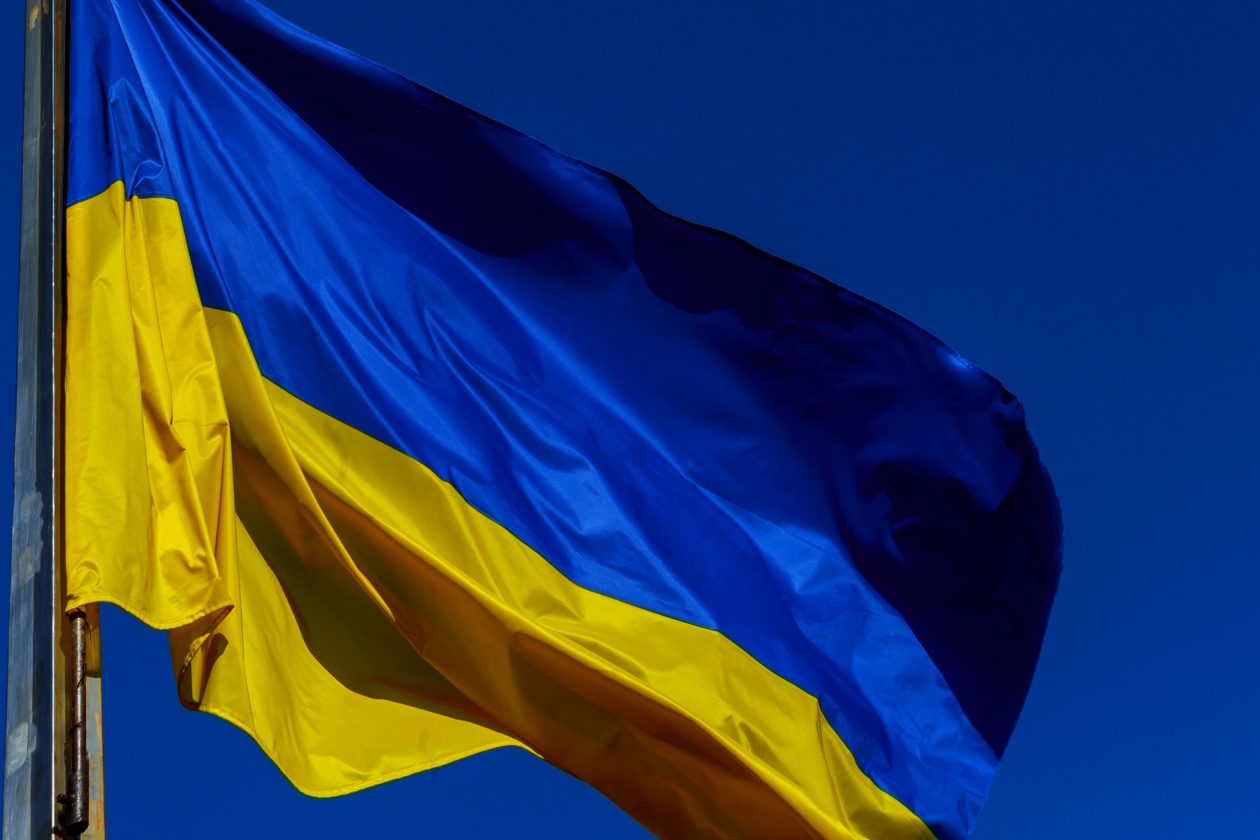Ukrainian President Volodymyr Zelenskyy returned a cryptocurrency bill to Parliament for revision on Tuesday, demanding the National Securities and Stock Market Commission of Ukraine be designated the country’s main crypto regulator.
Fast facts
- The crypto bill had passed the second parliamentary hearing on September 8. Had Zelenskyy signed the bill, it would have made the country the fifth to recognize Bitcoin and other cryptocurrencies as a legal financial asset, following Germany, Luxembourg, Singapore and Japan.
- In the bill’s current version, three departments would have been designated to manage different aspects of cryptocurrency: The Ministry of Digital Transformation (also the Ministry of Finance of Ukraine) would have responsibility for the supervision of cryptocurrencies; the National Securities and Stock Market Commission would supervise digital assets backed by securities, and the National Bank of Ukraine would be responsible for issuance of the central bank-backed digital currency (CBDC).
- Ukraine’s Minister of Digital Transformation Mykhailo Fedorov supported the bill, according to the Kyiv Post, saying cryptocurrency-friendly policies would keep crypto companies registered in Ukraine, which can then collect taxes from them.
- Ukraine, Russia, and Venezuela have the highest cryptocurrency adoption rates in the world, according to Chainalysis’s Global Cryptocurrency Adoption Index. Federov said the daily trading volume of virtual assets in Ukraine is US$37,000.
- Ukraine is also a center of crypto fraud, however. According to the Chainanalysis report, Ukraine accounts for the most cryptocurrency scams, sending more network traffic to fraudulent websites than any other country, and more than twice the total number of network visits to the second-ranked United States. Eastern Europe as a region has intensive fraudulent activities second only to Africa.
- In July 2021, President Zelenskyy signed legislation recognizing CBDC as a cash equivalent. The central bank has been looking into launching a CBDC since 2018.





